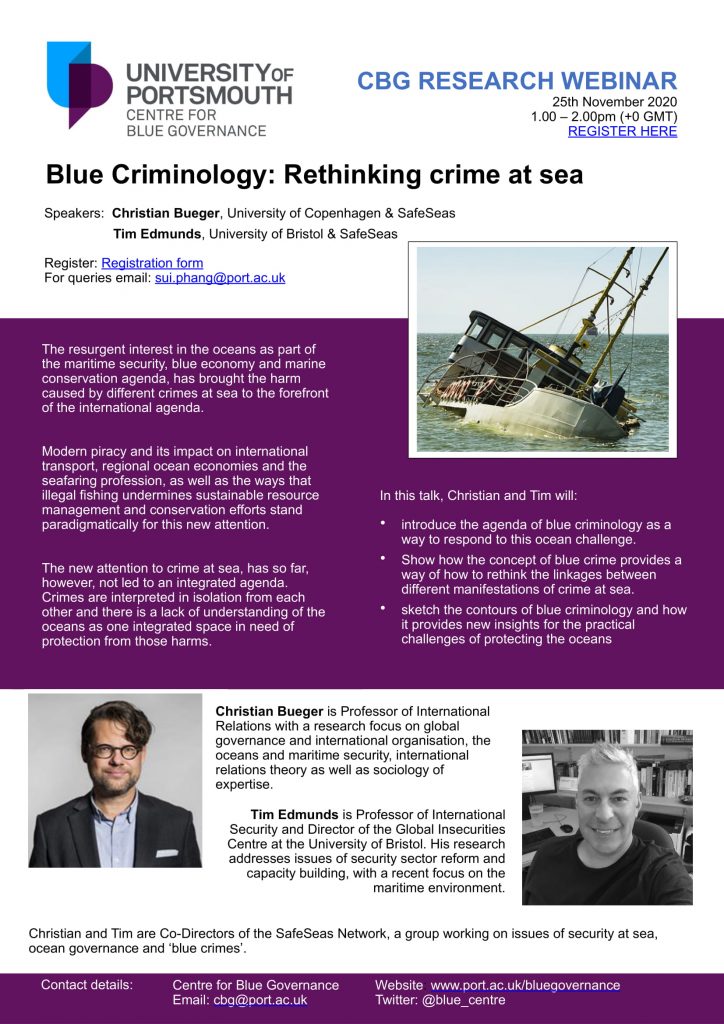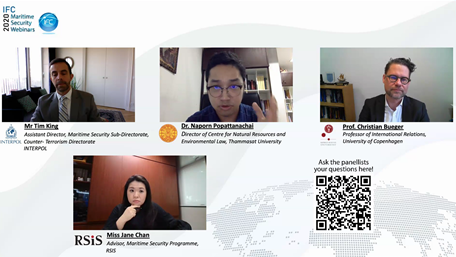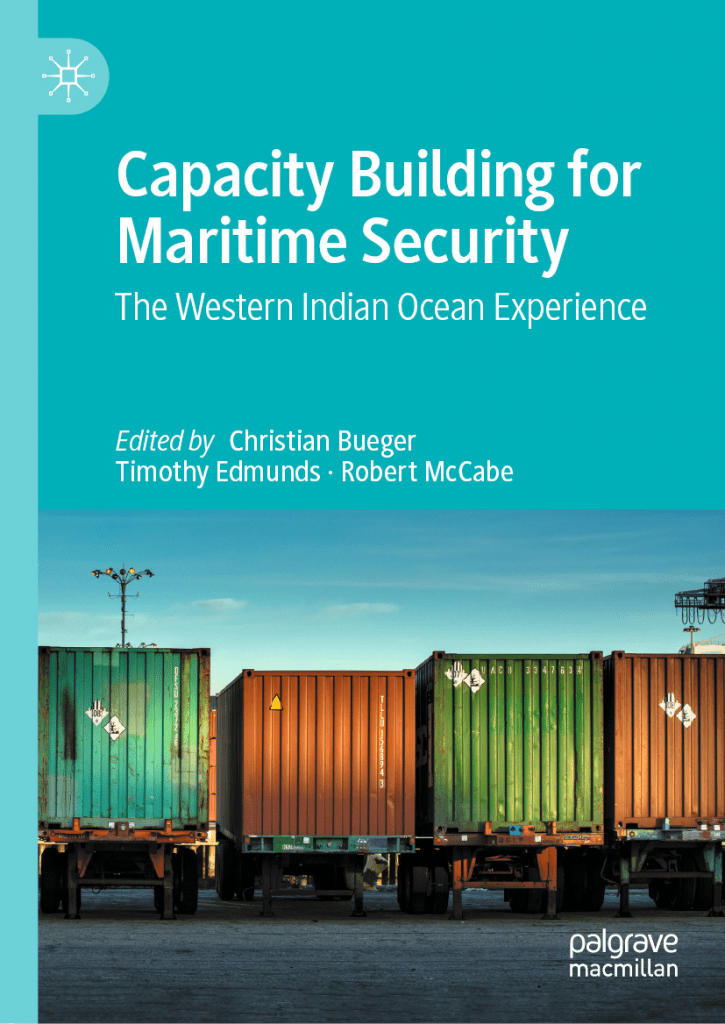What are the current gaps and trends in international practice research? This is the core question that we will investigate at an upcoming online workshop on February 18th and 19th.
Co-organized by the EISA Section on International Practices, the Department of Political Science, University of Copenhagen, and the Center for Global Cooperation Research, University of Duisburg-Essen, we will discuss in two afternoons the state of practice research, future themes, as well as a set of ongoing projects from new voices in the debate. Davide Nicolini will provide the keynote address titled “Revisiting the Relationship between Practice and (Academic) Theory from a Praxeological Perspective”.
Find the detailed program and registration link here.



